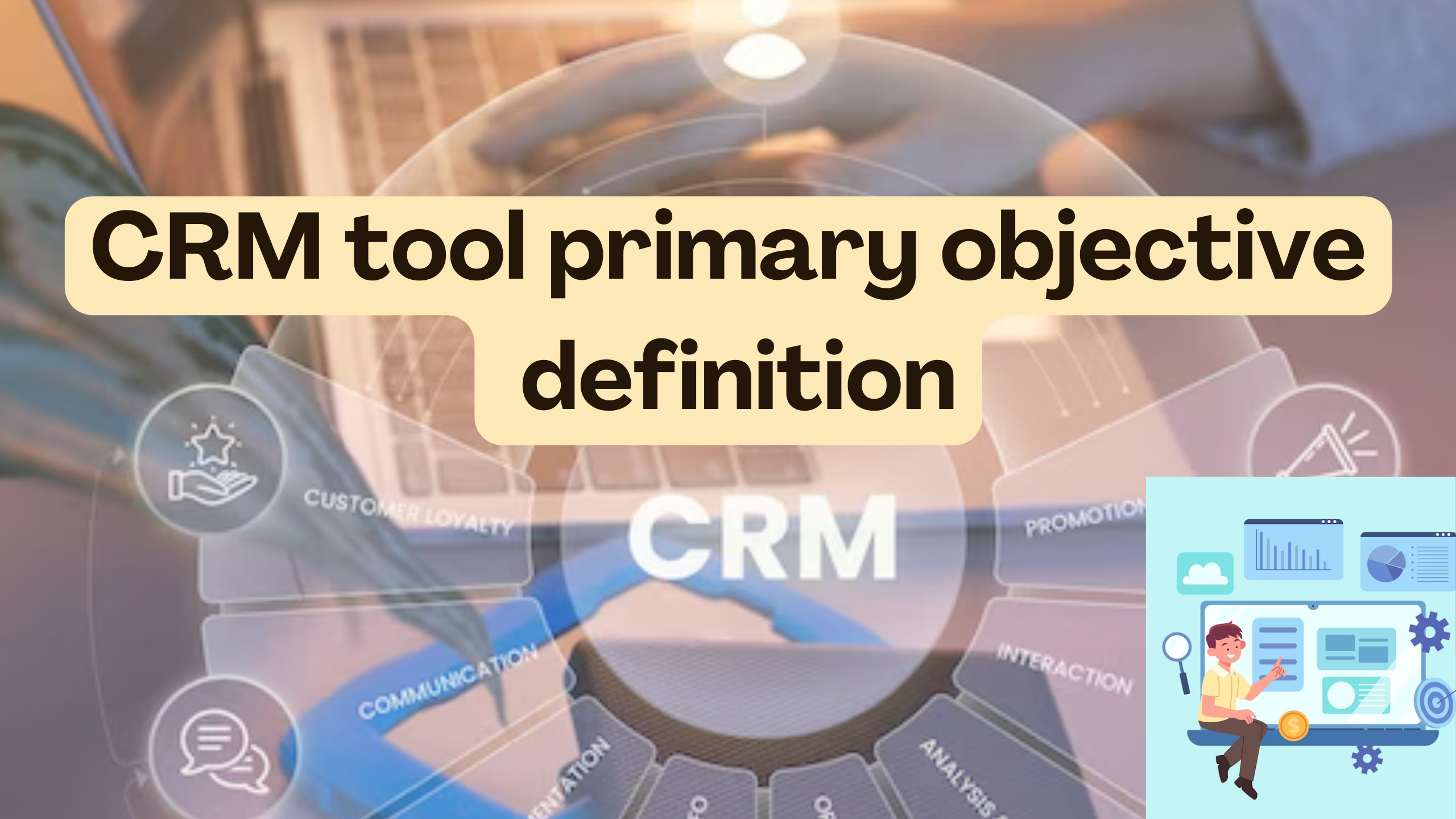CRM tool primary objective definition
- Proposal Software Customer Relationship Management


Understanding the Primary Objective of CRM Tools
Customer Relationship Management (CRM) tools have become indispensable for businesses aiming to thrive in a customer-centric environment. In this article, we delve into the definition and primary purpose of CRM tools, addressing the query: What is the primary purpose of a CRM tool?
Defining the Primary Objective of CRM Tools
CRM tools are software solutions designed to streamline and enhance various aspects of customer interactions. The primary objective revolves around effectively managing and nurturing relationships with customers throughout their journey with a brand. Let’s break down the key purposes:
1. Centralized Customer Data Management:
- CRM tools act as centralized repositories for customer information.
- Consolidating data enables businesses to gain a comprehensive view of customer interactions, preferences, and history.
2. Improved Customer Engagement:
- Facilitate personalized and targeted communication with customers.
- Enhance engagement by tailoring interactions based on customer behavior and preferences.
3. Sales Process Optimization:
- Streamline sales processes by providing insights into leads and opportunities.
- Enable sales teams to manage, track, and close deals more efficiently.
4. Enhanced Customer Support:
- Provide a platform for customer support teams to manage queries and tickets.
- Ensure timely and effective resolution of customer issues, fostering satisfaction.
5. Marketing Campaign Effectiveness:
- Optimize marketing efforts through better understanding of customer segments.
- Improve targeting and measure campaign success with integrated CRM analytics.
Relevant SaaS Products Empowering CRM Strategies
As businesses embrace CRM tools, here are some industry-leading SaaS products to consider:
1. Salesforce
Salesforce: A comprehensive CRM platform with a range of solutions for sales, service, marketing, and more.
2. HubSpot CRM
HubSpot CRM: An intuitive CRM system that integrates with HubSpot’s suite of marketing and sales tools.
3. Zoho CRM
Zoho CRM: A cloud-based CRM solution with features for automation, analytics, and multichannel communication.
4. Freshsales
Freshsales: A CRM system by Freshworks designed to streamline sales processes and improve lead management.
5. Pipedrive
Pipedrive: A user-friendly CRM platform focusing on sales pipeline management and deal tracking.
Conclusion: Empowering Customer Relationships with CRM
In conclusion, CRM tools play a pivotal role in fostering meaningful and lasting customer relationships. Businesses leveraging CRM effectively benefit from improved customer satisfaction, streamlined processes, and enhanced business intelligence.
Explore Exclusive Deals with Subscribed.FYI
Visit Subscribed.FYI Deals to discover exclusive offers on CRM tools and related SaaS products. Unlock significant savings and optimize your CRM strategy with tailored deals.








